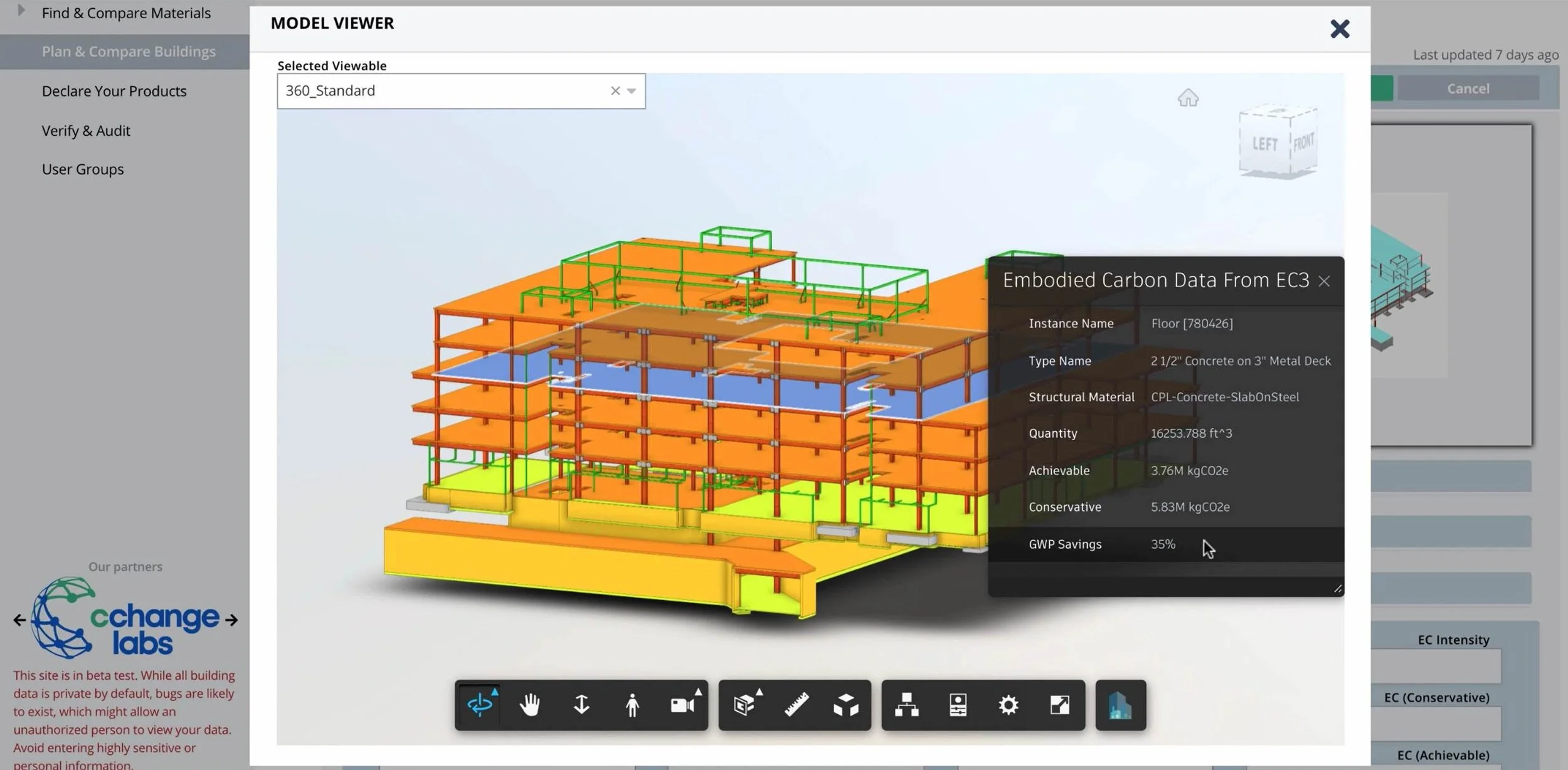BPE founder Amanda Kaminsky will be speaking at this webinar on post-consumer class as cement replacement, hosted by ASCE Metropolitan Section. Register here for the event on Monday, April 12, 5-6pm.
Recycling Glass to Improve Concrete and Reduce GHG Emissions
NYU Stern School of Business will be presenting key stakeholders (including BPE founder Amanda Kaminsky) “who will tell how to solve the glass recycling challenge, and create more environmentally sustainable low carbon concrete, improve the environmental performance of concrete and extend the life of concrete by as much as 40%.” Part of Circular City Week New York 2021. Register here for the online event on Mar 25, 1:00 PM – 2:30 PM EDT.
BPE Collaborates on 2020 Publishing of Two ASTM Quality Control Standards
Cities Wonder Whether Recycling Counts as Essential During the Virus
Circular City Week 2020
“Circular City Week is an open collaborative festival for circular economy related events. Circular City Week took place in New York for the first time in March 2019, and will be back in New York 16-22 March 2020. Activities during Circular City Week will emphasize how circular practices such as reuse, recycling, and upcycling are transforming urban industries and the city as a whole. “
Could Glass Make a Comeback Amid Single-use Plastic Concerns?
CalRecycle Approves Pilots for Convenient Bottle Redemption
Concretising the role of extended producer responsibility
The aim of this paper is to shed light on the main aspects of Extended Producer Responsibility (EPR), a widely used principle of environmental policy, looking through the lens of EU waste law and policy, as this is currently evolving. The main discussion will revolve around the opportunities of moving towards a more effective EPR and adopting more effective policy instruments. Emphasis will be given to the definition of EPR, to its content and to implementation schemes in EU law especially as regards the role of EPR in achieving the challenging targets which exist relating to waste management and product design requirements under the Circular Economy Package, while at the same time highlighting the inter-relationship between waste and product laws.
"If you're not recycling glass are you really recycling?"
“Today, according to the most recent U.S. EPA data, an estimated 33% of glass containers are recycled. That is about half the level of paper and metal recycling. New glass containers can be made with up to 90% recycled glass. The industry would like to reach this goal, but today’s recycling systems make this impossible.”
U.S. Coal Fired Power Plants Closing Fast
Politico Magazine Publishes Series on "New York City's Recycling Failure"
“Over the next week, POLITICO will publish a series on New York City's management of refuse. Based on four months of reporting, more than 50 interviews and a review of hundreds of pages of public documents, the stories will explore the politics, policies and financial decisions that contribute to the mountains of black bags piling up each night on city streets. They will examine the impact of the city’s sluggish progress, which reaches from Newark, N.J., a poor city of mostly racial minorities, to Bishopville, S.C., which has a 46 percent poverty rate.”
Embodied Carbon Tool Launches at Greenbuild 2019
“At the 2019 Greenbuild conference being held in Atlanta, Simonen’s organization officially launched the beta version of the Embodied Carbon in Construction Calculator, or EC3—free and open-source software intended to help designers, engineers, and clients assess and reduce these upfront emissions.”
US Representatives Introduce RECOVER Act to Invest in Recycling
Industry: EPA Must be the “Loud Voice” to Advance US Recycling
How Recycling Has Changed in All 50 States
Tipping fees in the U.S. continue to rise
Glass Recovery Hierarchy Recently Released by the NorthEast Recycling Council’s Glass Committee
Cement Produces More Pollution Than All the Trucks in the World
The article by Bloomberg highlights how cement is “responsible for 7% of global carbon dioxide emissions, more than what comes from all the trucks in the world.” According to the article, cement makers from around the world argue that there’s a lack of demand for sustainable materials.
Read the full article here.






















